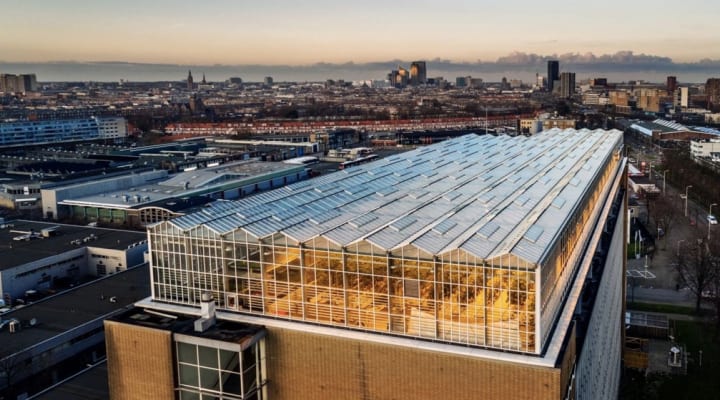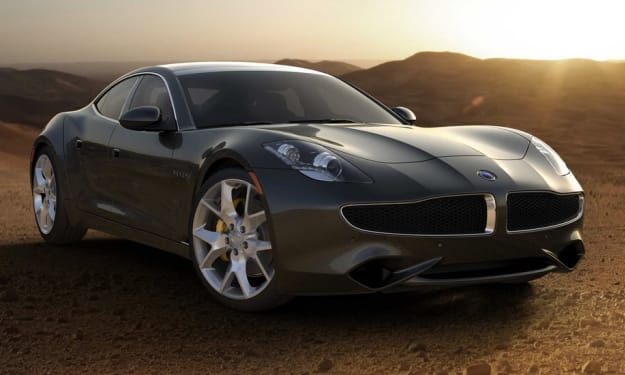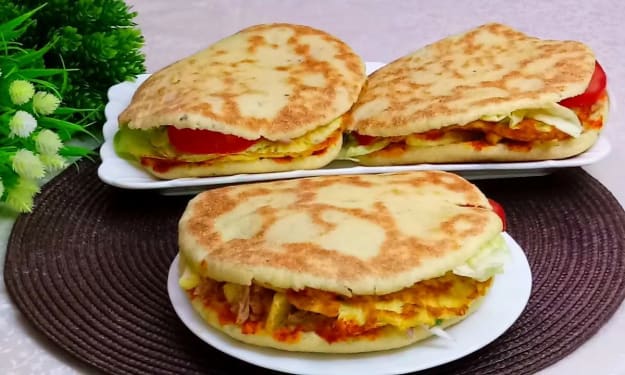
Quietly tucked away in a corner of Europe are the Dutch.
They don't make much noise on the international scene. They have a reputation for being on the leading edge of liberal and I've heard their language is the easiest for English-only speakers to learn. And a great deal of World War II happened there. Oh, and The Hague and the UN.
Beyond that, they stay out of the way and out of the news. Meanwhile, they're quietly crushing it and revolutionizing farming in a way that will allow us to feed the nearly 10 billion of us expected to be walking around in just 30 years.
By encompassing their farmland in massive greenhouse complexes, they can utilize not only the concept of vertical farming, but they also have pinpoint control over conditions in the greenhouses.
The result is a system that uses 97% less pesticides, more than 90% less water, and in the case of one potato farm that utilizes drone tractors and quadcopters to analyze soil, humidity, temperature, and the overall viability of the plants, the yield is more than double what a conventional farm would produce.
If that wasn't encouraging enough, the Dutch have also decided for themselves the sun doesn't need to set on their greenhouses, so they're lit around the clock to maximize growth efficiency.
On top of THAT, they're capturing the heat and carbon dioxide from their natural gas energy production facilities to fuel crop growth, much like a hybrid car capturing braking energy to charge its battery.
Smart on smart on smart.
The cool part is that these greenhouses aren't just popping up over arable land (honestly they kinda ruin the countryside landscape), but they're adding green elements to cities and making use of once abandoned space. And sprucing it up, if I do say so myself.

This is a fish and vegetable farm plopped down on top of an old factory in The Hague. They use the fish waste to fertilize the plants; the fish are sold locally, branded as "city swimmers."
On top of being ecologically wonderful and a fantastic utilization of resources, imagine that business model. An investor purchases an abandoned building that's structurally sound for a relatively low price, converts it to a farm, and can grow, harvest, process, and sell all from one location. In a situation like this old factory above there's even room to park a small delivery fleet indoors. The right entrepreneur could wrangle in control over the entire process from seed to table, and restaurants and grocers get to flaunt their "locally grown" branding on their food.
There's also a fantastic business ripple-effect (at least the potential for one) as these farms take up previously-abandoned urban spaces and revitalize dormant and/or dilapidated areas of cities. A farm on top of an old factory space needs employees. Employees are human, and humans need things on a day to day basis. Can you imagine if a farming community sprung up on the west side of Chicago and the businesses that would flock there to serve those workers? The result would be a phenomenal boost to any city from both an aesthetic and economic viewpoint.
So the food is almost entirely pesticide free, it's easier and cheaper to produce, you can turn around crops much quicker because of 24-hour lighting, you use energy production byproducts and organic fertilizer (the producers of which you're also farming and selling) to grow the crops, and you can do it essentially anywhere you have the space, including urban areas. AND there's a demand for organic and locally-grown.
This one's an exponential win for the Netherlands.
About the Creator
Bill Sims
I ordered a chicken and an egg from Amazon. I'll let you know.






Comments
There are no comments for this story
Be the first to respond and start the conversation.